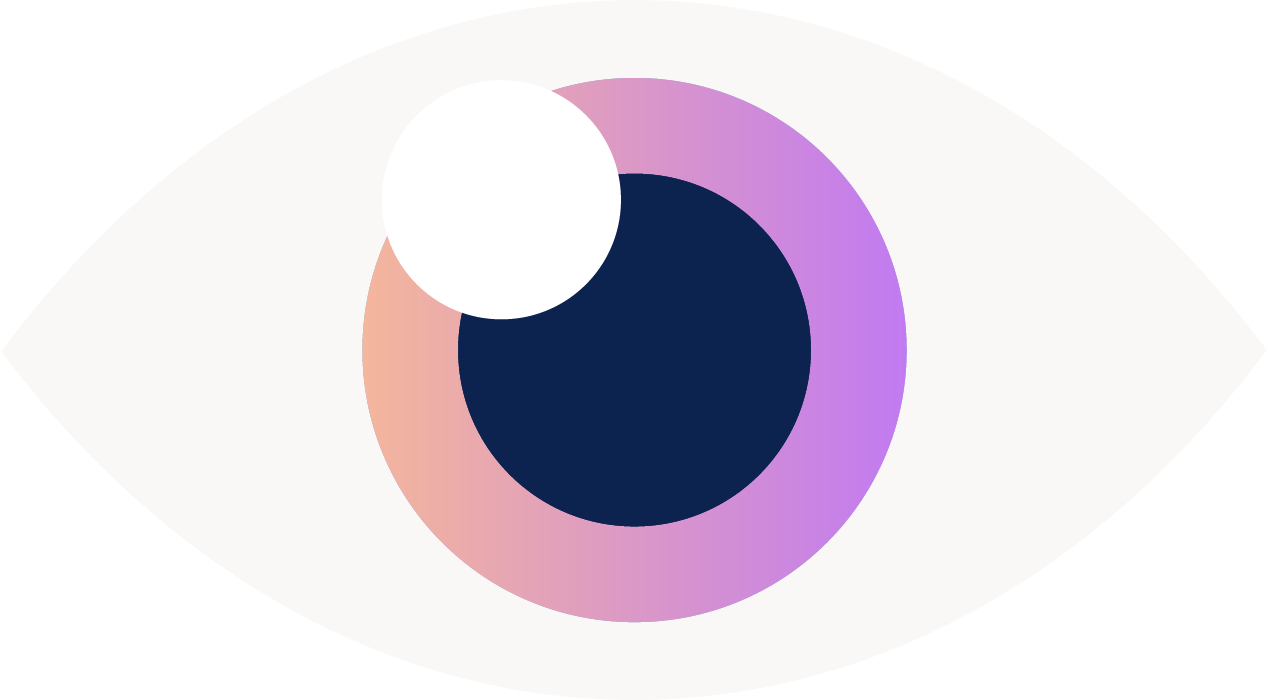Do You Really Need Blue Light-Blocking Glasses? Here’s What Science Says
Blue light has been a hot topic in recent years, with many people turning to blue light-blocking glasses to protect their eyes from digital screens. But how much of a concern is blue light from devices? And do these glasses actually work?
The Sun vs. Your Screens: Where Does Blue Light Really Come From?
The vast majority of blue light exposure doesn’t come from your phone, tablet, or computer—it comes from the sun. In fact, studies show that the blue irradiance received by your eyes in just one minute outdoors is greater than the blue light exposure from 24 hours of screen time.
While UV light has been linked to eye conditions like cataracts and macular degeneration, there is no evidence that blue light from screens increases the risk of these conditions in humans.
What About Eye Strain? Do Blue Light Glasses Help?
The idea that blue light causes digital eye strain is one of the biggest reasons people invest in blue light-blocking glasses. But does the science back this up?
There has only been one randomized, double-masked, controlled study evaluating blue light glasses. In this study, 120 computer users were divided into groups: some were recommended blue light-blocking glasses, while others were not. Within these groups, some participants received clear (placebo) glasses, while others got actual blue-blocking lenses.
After two hours of screen time, eye strain was measured both subjectively (how participants felt) and objectively (clinical assessment).
The results?
🔹 Blue light-blocking glasses did not reduce symptoms or signs of eye strain.
🔹 Whether a doctor recommended them or not made no difference.
While this study only measured two hours of screen time, longer studies on real-world screen use (10+ hours/day) would be beneficial.
So, Should You Buy Blue Light Glasses?
If you like wearing them, go for it! But if you’re considering buying a pair just because you think they’ll protect your eyes or prevent strain, the research doesn’t support that claim.
Instead, if you experience eye strain, try:
✅ The 20-20-20 Rule – Every 20 minutes, look 20 feet away for at least 20 seconds.
✅ Proper Lighting – Avoid working in dim environments that increase screen glare.
✅ Blink More – Screen use decreases blinking, leading to dry eyes. Make a conscious effort to blink frequently or use artificial tears if needed.
So, while blue light glasses won’t harm you, they aren’t a necessity. Your eyes (and your wallet) might be better off without them!


